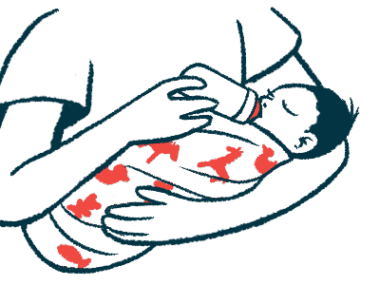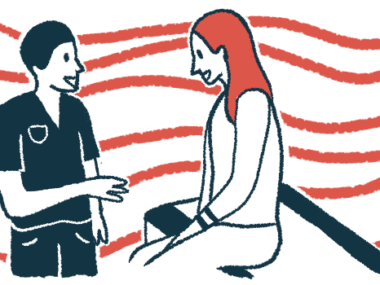Reflections on the power of hope and life with chronic illness
In difficult moments, it helps to remember that 'this too shall pass'
Written by |

Merriam-Webster defines hope as the “expectation of fulfillment or success.” To me, hope is the feeling of wishing for a positive outcome. It prompts thoughts about an altered reality full of positivity and an ease of flow. This four-letter word is simple in name but powerful in the meaning of what it could bring to so many.
We all have hope for something in life, so it often isn’t spoken about much in terms of the value and weight it brings to a particular situation. I hope to have a life full of great health. I want to stay in remission and eliminate the worries that come along with battling aplastic anemia and paroxysmal nocturnal hemoglobinuria (PNH).
As I think about this word, I am reminded of the times when I have hoped for life to go the way I had expected. I wanted to receive a positive test result or hoped for living a “normal” life. The word generates a feeling of great expectation, but it can also cause a fear of things not working out.
Picture everything going right
I remember the day my doctor uttered the words, “You have been diagnosed with PNH and aplastic anemia.” At that moment, my life fell apart. I feared what was to come. I didn’t want to face the challenges of putting my body through long, hard days without knowing what the other side would hold. But in those moments, hope began to grow within me. To alter my difficult reality, I began to think, “What if I was suddenly in remission?”
That question made me picture everything going right. I could return to my normal life of meeting friends for lunch without having to cover half of my face with a mask or canceling appointments because of severe fatigue. I could climb the corporate ladder, go on road trips with my family, and be in public without the fear of catching a cold. I pictured a life of pure, simple bliss.
I still battle aplastic anemia and PNH, but I am in a far better place today than I was. I would love to say that I don’t continue to hang on to hope for my life to be better, but I do. But my hope now has changed from what it used to be. Today, I hope for my symptoms to disappear. I would love not to have to write everything down because my brain fog won’t let me remember things. It would be great not to be hit with severe fatigue, when my body says “just rest.”
I still have hope. As I write these words, a lightbulb just went off in my mind: Hope is what keeps me moving forward.
In some ways, I race toward my hope no matter how far away it is. I do so because I want to be OK. I want my health to be in a positive place. I long for the days when I don’t have to talk to a doctor again about my test results. I cling to hope like a baby clings to its mother.
I recently watched a video of Tom Hanks speaking about his roles as an actor at The Hollywood Reporter’s Actors Roundtable. He mentions how he finally understands the idea that “this too shall pass.” Hanks says, “I wish I had known [earlier] that this too shall pass. You feel bad right now? You feel pissed off? You feel angry? This too shall pass. You feel great? You feel like you know all the answers? … This too shall pass. Time is your ally, and if nothing else, just wait. Just wait it out.”
If you are reading this and find yourself in a place where your hope is fading, just know that this too shall pass. I hope one day you’ll notice yourself daydreaming about how you want life to be again. That, my dear, is hope.
Cling to it and let it move you toward the direction in life you were always meant to go!
Note: PNH News is strictly a news and information website about the disease. It does not provide medical advice, diagnosis, or treatment. This content is not intended to be a substitute for professional medical advice, diagnosis, or treatment. Always seek the advice of your physician or other qualified health provider with any questions you may have regarding a medical condition. Never disregard professional medical advice or delay in seeking it because of something you have read on this website. The opinions expressed in this column are not those of PNH News or its parent company, Bionews, and are intended to spark discussion about issues pertaining to paroxysmal nocturnal hemoglobinuria.






